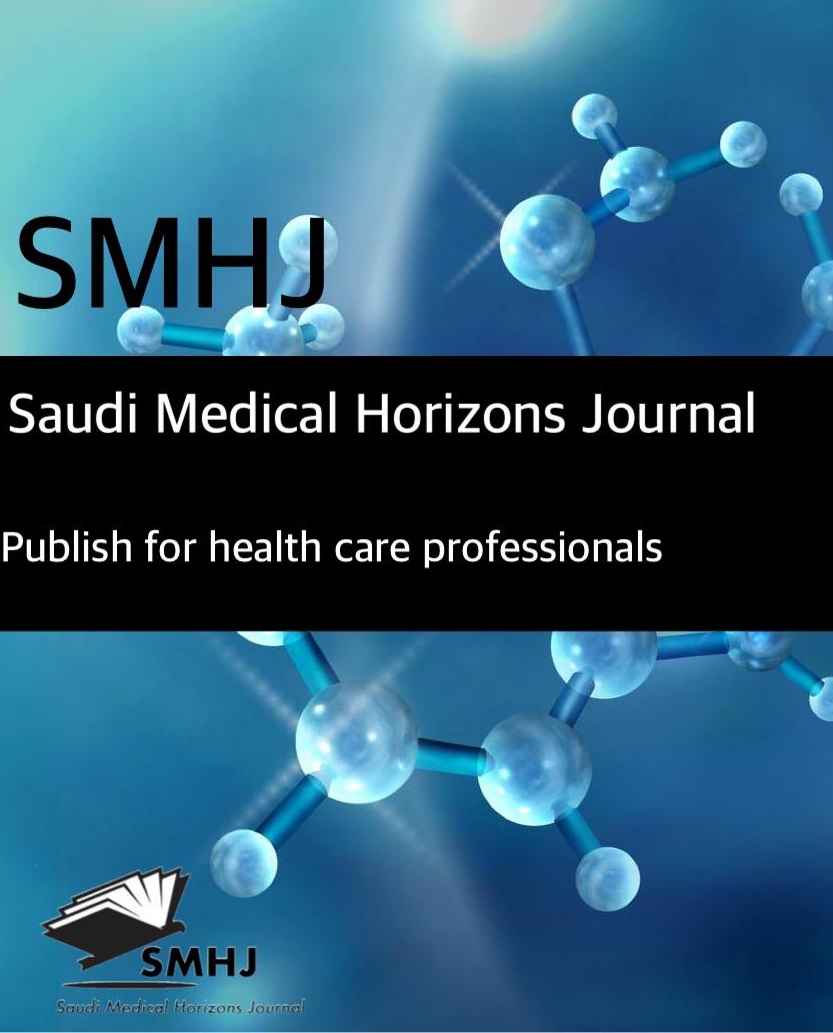The Association between Type 1 Diabetes and Sleep Quality: A Systematic Review
DOI:
https://doi.org/10.54293/smhj.v5i3.161Keywords:
Diabetes; Type 1 diabetes; glycemic control; HbA1C; Sleep quality; systematic review.Abstract
The complex interplay between sleep quality and glycemic control in individuals with type 1 diabetes (T1D) warrants comprehensive investigation. This systematic review aims to evaluate their relationship, with a focus on outcomes such as HbA1c, glucose variability, and nocturnal hyperglycemia. A comprehensive search of four databases led to the discovery of 2116 relevant publications. After eliminating duplicates and assessing each article for relevance, 103 full-text articles were examined, and ultimately, 10 studies were selected based on the inclusion criteria. Ten studies were included, with a total of 803 patients with T1D and 411 (51.2%) were females. Findings across studies were mixed. While some showed significant associations between poor sleep and higher HbA1c or greater glucose variability, others found no direct correlation. Notably, poor sleep was consistently linked with increased nocturnal hyperglycemia, elevated time above range (TAR), and reduced self-reported diabetes management efficacy. Sleep disturbances are prevalent in individuals with T1D and may negatively influence glycemic stability and overall disease management. While the relationship with HbA1c remains inconsistent, the impact of sleep on glucose variability and behavioral outcomes is evident. Integrating sleep assessment into routine diabetes care may improve both metabolic and quality-of-life outcomes. This highlights sleep disturbances as a significant factor in T1D management, underscoring the importance of integrating routine sleep assessment into clinical care for optimized metabolic and quality-of-life outcomes.
Downloads
Published
How to Cite
Issue
Section
License
Copyright (c) 2025 Saudi Medical Horizons Journal

This work is licensed under a Creative Commons Attribution 4.0 International License.



